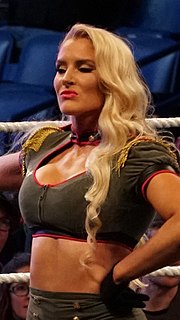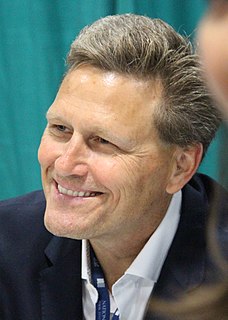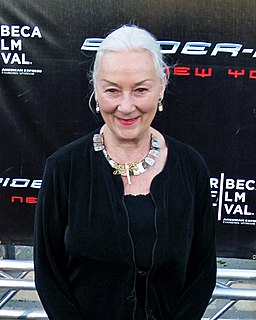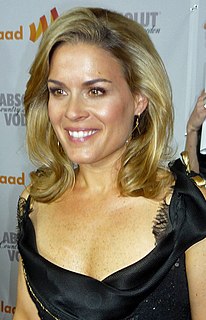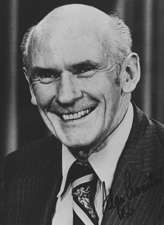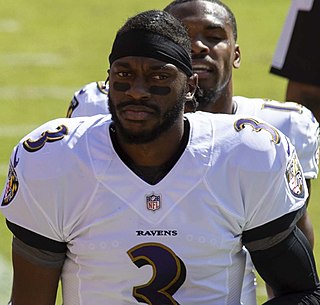A Quote by Eric Greitens
I did a lot of humanitarian work before I joined the military.
Related Quotes
The humanitarian wishes to be a prime mover in the lives of others. He cannot admit either the divine or the natural order, by which men have the power to help themselves. The humanitarian puts himself in the place of God.
But he is confronted by two awkward facts; first, that the competent do not need his assistance; and second, that the majority of people positively do not want to be "done good" by the humanitarian. Of course, what the humanitarian actually proposes is that he shall do what he thinks is good for everybody. It is at this point that the humanitarian sets up the guillotine.
The explosion of a terrorist's single nuclear device in a major metropolitan center would trigger an unparalleled humanitarian and environmental disaster. An accidental military launch of multiple warheads could result in a worldwide nuclear holocaust. Medical researchers and military analysts forebode grim consequences.


